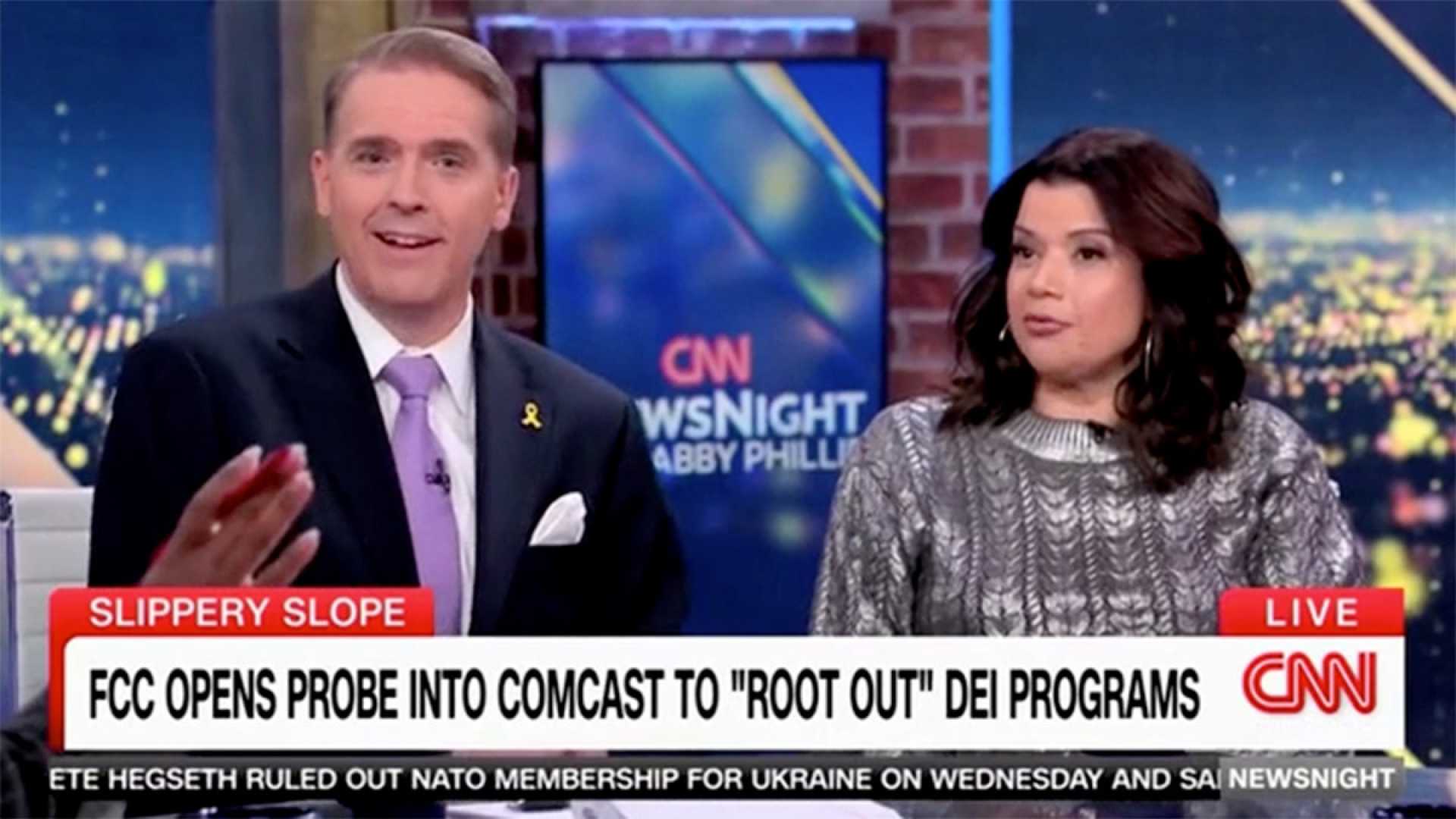Politics
Tensions Rise on CNN Over Trump’s Defiance of Judicial Rulings

NEW YORK, NY — Tensions escalated on CNN’s “NewsNight with Abby Phillip” Monday as guests clashed over former President Donald Trump’s defiance of judicial rulings. In a heated debate, political analyst Scott Jennings defended Trump’s stance amid controversy surrounding rulings against him.
During the segment, Jennings and former New Hampshire Governor Chris Sununu argued that Trump has the authority to ignore federal district court rulings. Jennings stated, “If a district court judge tries to usurp the authority of the chief executive of this country, he should absolutely defy it.” This assertion did not sit well with Phillip, who pressed Jennings for clarity on the implications of the court’s decisions regarding federal budget appropriations.
Phillip posed a critical question: “When the court says Congress appropriated this money, you must unfreeze it while we litigate this, why can’t Trump comply with that?” The dialogue quickly turned combative as Jennings countered, “So while we litigate this, I’m a judge, and I’m in charge of the executive branch, and you’re not? Forget it. I totally disagree.” This exchange highlighted the polarized views on executive authority versus judicial oversight.
Further complicating the discussion, Phillip referenced the Impoundment Control Act of 1974, suggesting it mandates compliance with such rulings. Sununu dismissed her point, arguing that viewers likely were unfamiliar with the act, which restricts the executive branch from withholding funds appropriated by Congress.
After a flurry of interjections, Jennings reiterated, “I have a position on this and you have an opinion, we can disagree.” However, Phillip insisted on the need for factual alignment in their debate, telling Jennings, “Yeah, but I’m saying listen to me because you’re not listening, and you’re making claims that are not connected to the facts.” Jennings retorted by insinuating Phillip might be the one lapsing in comprehension.
Underlying this discussion are critical recent rulings, including one from U.S. District Judge Paul A. Engelmayer. This ruling determined that Trump and the Department of Treasury acted unconstitutionally in granting access to sensitive personal information through the Bureau of Fiscal Services, sparking outcry from various political figures.
Vice President JD Vance and businessman Elon Musk, both allied with Trump, expressed strong objections to the ruling. Vance claimed on social media, “If a judge tried to command the attorney general in how to use her discretion as a prosecutor, that’s also illegal. Judges aren’t allowed to control the executive’s legitimate power.” Musk labeled Engelmayer’s intervention as a sign of corruption, calling for the impeachment of judges deemed unfit.
New York Attorney General Letitia James is spearheading a lawsuit against Trump, representing a coalition of 19 states to challenge the bypassing of federal oversight. James contends, “President Trump does not have the power to give away Americans’ private information to anyone he chooses, and he cannot cut federal payments approved by Congress.” This litigation illustrates the increasing tensions between state authority and federal executive power.
Engelmayer’s ruling not only sets precedence regarding executive limitations but also raises questions about the accountability of both Trump and Treasury officials. James has indicated that failure to comply with court appearances could result in contempt charges against Trump and his Treasury Secretary, Scott Bessent.
As legal battles unfold, the narrative around the separation of powers in American governance continues to gain prominence, spotlighting the complexities within political discourse.












